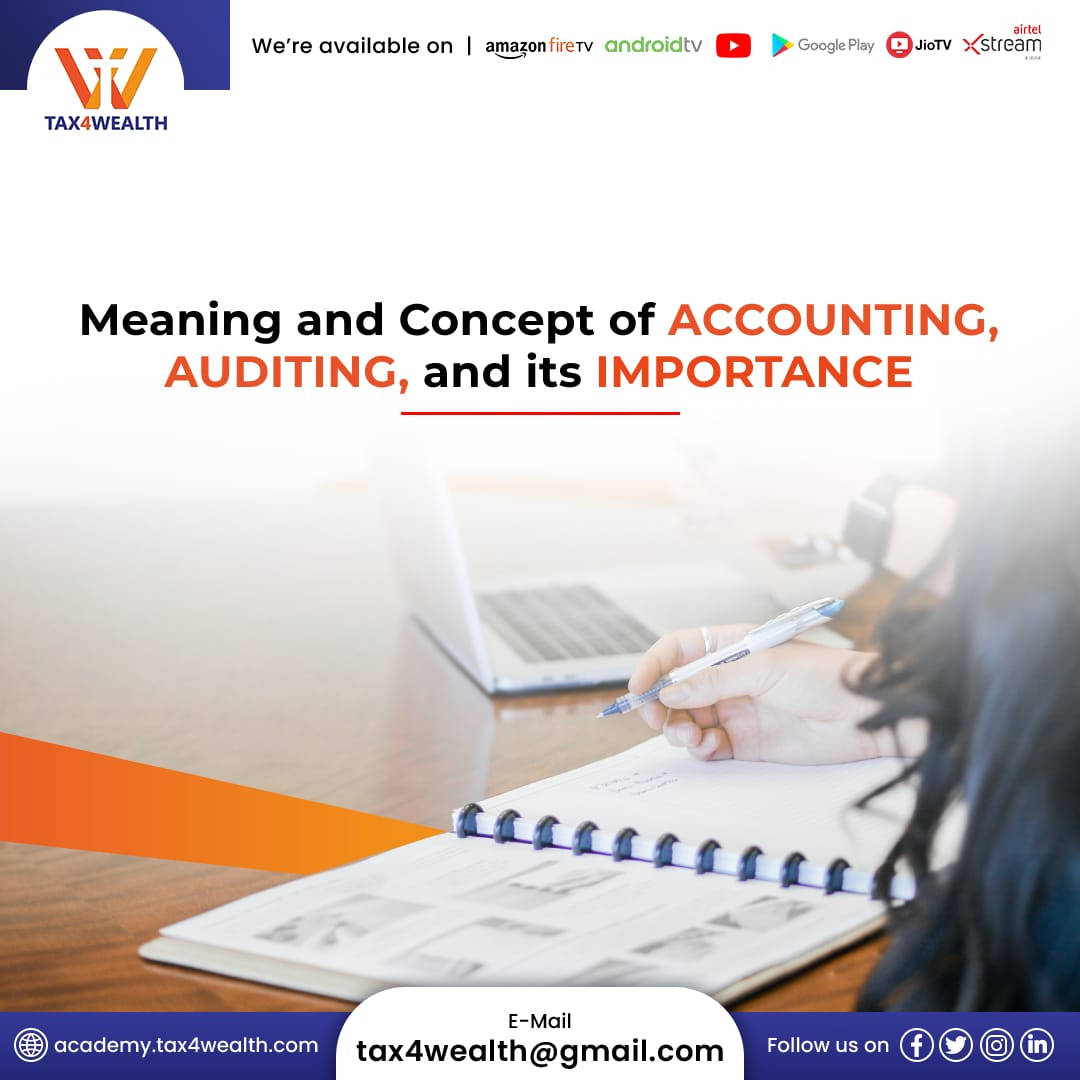
Management Accounting: Definition, Goals, Methods, and Scopes
Management accounting is a branch of accounting that involves the use of financial information and data analysis techniques to support management in making informed decisions. It is concerned with providing relevant and timely financial information to managers within an organization, to enable them to plan, control, and evaluate the performance of the organization's operations. Management accounting is used for internal purposes, such as budgeting, forecasting, performance measurement, cost analysis, and decision-making. Read the entire blog to learn more about the definition, methods, and scope of management accounting.
It also involves analyzing financial and non-financial information to identify areas for improvement, manage risk, and support strategic planning. Overall, management accounting plays a crucial role in helping organizations achieve their objectives by providing relevant and timely financial information to support management decision-making.
Also, read; Meaning and Concept of Accounting, Auditing and its Importance
Management Accounting Goals:
The goals of management accounting are as follows:
- Planning: Management accounting helps to plan the activities and operations of the organization by providing information on the financial resources required and the expected outcomes.
- Control: It helps to control the activities of the organization by monitoring the actual results against the planned results and taking corrective actions if necessary.
- Performance evaluation: It helps to evaluate the performance of the organization and its various departments by providing financial and non-financial information that can be used to assess efficiency and effectiveness.
- Decision making: It helps managers in making informed decisions by providing relevant financial and non-financial information that can be used to evaluate various alternatives and their potential outcomes.
- Cost management: It helps to manage costs by identifying cost drivers and analyzing cost behavior to reduce costs and increase efficiency.
- Risk management: It helps to manage risks by providing information on the potential risks faced by the organization and identifying strategies to mitigate them.
Methods of Management Accounting:
There are several methods of management accounting, including:
- Cost Accounting: Cost accounting is a method of management accounting that involves tracking and analyzing the costs associated with producing goods or services. It helps managers to understand the costs of producing products or services, identify areas for improvement, and make informed decisions about pricing, production levels, and cost reduction.
- Budgeting: Budgeting is the process of creating a financial plan for an organization, which includes estimates of expected revenues, expenses, and profits for a specific period. It helps managers to allocate resources effectively, prioritize activities, and control costs.
- Variance Analysis: Variance analysis is a technique used to compare actual performance against planned or budgeted performance. It helps managers to identify the reasons for deviations from the plan and take corrective action.
- Performance Measurement: Performance measurement is the process of evaluating the performance of the organization and its various departments. It involves the use of key performance indicators (KPIs) and other metrics to track progress and identify areas for improvement.
- Activity-based Costing: Activity-based costing (ABC) is a method of cost accounting that assigns costs to specific activities based on their consumption of resources. It helps managers to understand the costs of individual activities and identify opportunities for cost reduction and process improvement.
- Strategic Cost Management: Strategic cost management is a method of management accounting that involves aligning costs with the organization's strategic objectives. It helps managers to understand the costs of different activities and identify opportunities to reduce costs and improve efficiency.
An important elements you need to bear in mind while choosing your profession Click here 👉 Top Reasons Why Accounting is a Great Career Choice.
Scopes of Management Accounting:
The scope of management accounting is broad and covers various aspects of an organization's financial operations. Here are some of the scopes of management accounting:
- Financial Planning and Analysis: management accounting that is involved in financial planning and analysis, which includes the preparation of budgets, forecasts, and financial statements. It helps managers to make informed decisions about resource allocation, cash management, and investment opportunities.
- Cost Accounting and Management: Scope of Management accounting is concerned with cost accounting and management, which involves the identification and analysis of costs associated with producing goods or services. It helps managers to identify areas for cost reduction, improve efficiency, and make pricing decisions.
- Performance Measurement and Evaluation: Management accounting is involved in performance measurement and evaluation, which includes the development of key performance indicators (KPIs) and other metrics to monitor the organization's performance. It helps managers to assess the effectiveness of strategies, identify areas for improvement, and evaluate the performance of individual departments.
- Risk Management: Management accounting is involved in risk management, which includes identifying and assessing risks that could impact the organization's financial performance. It helps managers to develop strategies to mitigate risks and ensure the organization's financial stability.
- Decision-making: Management accounting provides information to support decision-making, which includes analyzing financial and non-financial data to evaluate alternatives and identify the best course of action.
- Internal Control and Compliance: There are much scope of management accounting is involved in ensuring internal control and compliance with regulations and laws. It helps managers to identify and mitigate risks, implement effective control procedures, and ensure compliance with legal and regulatory requirements.
Also read; What are The Benefits of Online Accounting Courses Training Programs?
Conclusion:
Management accounting helps in the analysis and recording of financial data that a business may utilize to boost production and efficiency. It uses simple methods like standard costing, marginal costing, project evaluation, and control accounting to display the financial data at regular intervals. But financial statements are the only source of data used to make administrative choices. In light of this, maintaining accurate records becomes crucial. Despite several drawbacks, it serves as a helpful tool for improved business administration.
For more information, Visit us at: https://academy.tax4wealth.com/
Related News
No comments yet, Be the first to comment.













